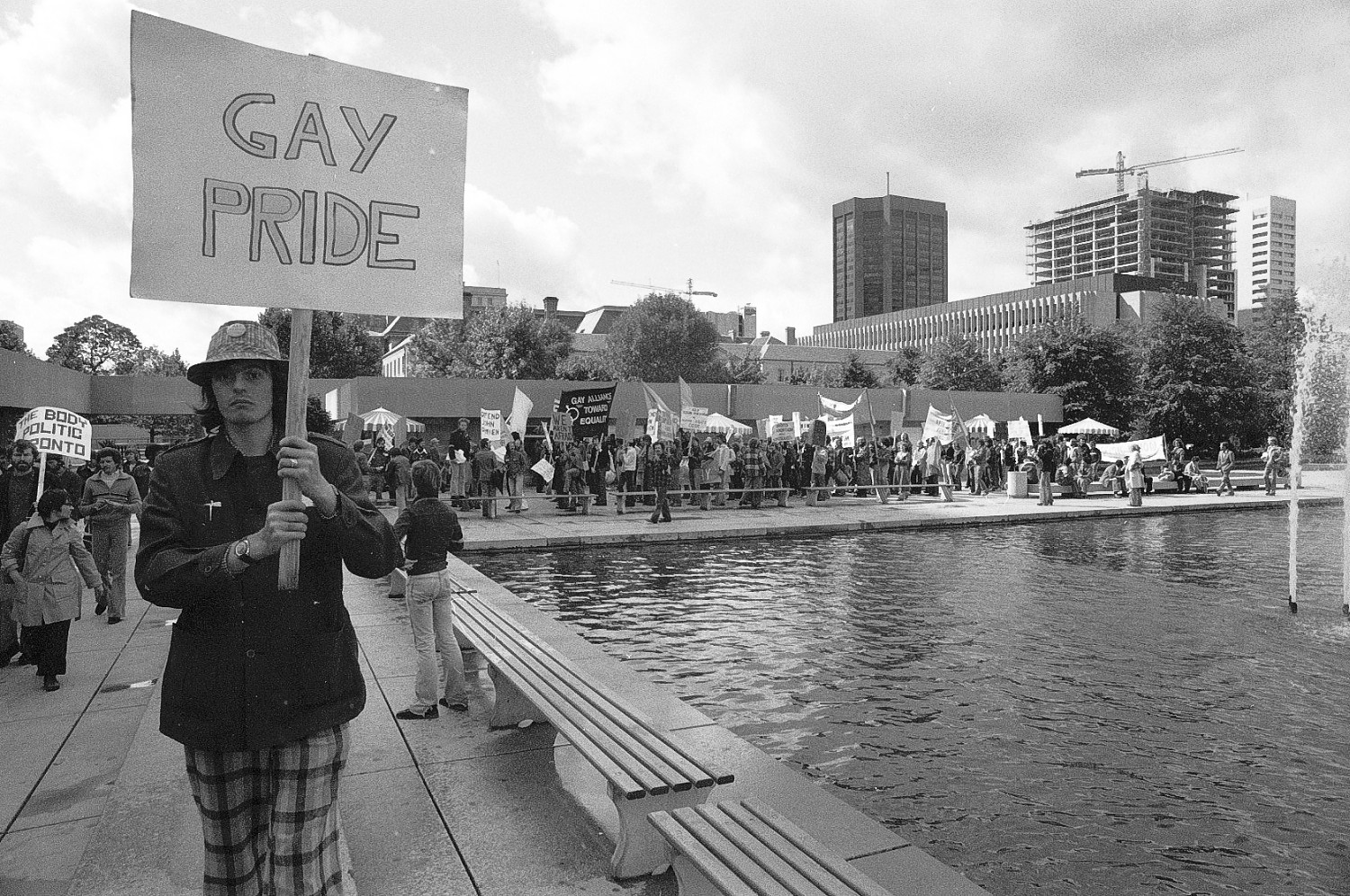 Photo by Charles Dobie.
Photo by Charles Dobie.
Written by guest blogger Robert Leckey.
This article dives into the House of Commons debates from the late 1960s on the omnibus bill that partly decriminalized homosexuality. At the outset, I expected to find virulently homophobic remarks in the speeches of members of Parliament opposed to the reform. Perhaps naively, I hadn’t anticipated that even supporters of reform would take such pains to emphasize that they, too, were disgusted by homosexuality. Indeed, while the adjective came up several times, I attribute the paper’s title, ‘repugnant,’ to a speech by the Hon. John Turner, the justice minister who sponsored the bill. He said: ‘The conduct contemplated in this clause, homosexual acts between consenting adults in private, is repugnant to most of us. It is repugnant to the great majority of the people of Canada.’ A number of the bill’s supporters justified the reform on the basis that the criminal prohibition had proven unenforceable or otherwise failed to solve the problem—not that homosexuality was undeserving of the criminal law’s stamp of opprobrium.
As I discuss in the article, I don’t presume that the parliamentarians’ expressions of disgust were sincere. Homophobic averments by politicians may be the fruit of political expedience—as may marching in a Pride parade today. At minimum, though, the debates reveal the kinds of sentiments that politicians thought it appropriate to voice in their official role.
For junkies of parliamentary procedure and political strategy, a point I couldn’t explore in the article was the government’s choice to bundle multiple issues into an omnibus bill. The bill partly decriminalized homosexuality; allowed abortion under certain conditions; regulated lotteries; tightened the rules for gun possession; and introduced new offences relating to drinking and driving, harassing phone calls, misleading advertising, and cruelty to animals. A number of parliamentarians objected to the omnibus form, calling to split the bill and allow voting issue by issue. They objected that the omnibus form required parliamentarians who supported some reforms to vote in favour of those they opposed. In other words, combining relatively uncontroversial matters with controversial ones—notably homosexuality and abortion—made it politically costly to vote against the bill.
Reading the 1969 debates on homosexuality helps us to appreciate how the norms of public speech on the matter have changed in the past decades—and that a reform that today appears uncontroversial required political courage (and procedural strategizing) in its moment.

Photo by Nicolas Morin.
Robert Leckey is Samuel Gale Professor and dean of law at McGill University.
His latest article in University of Toronto Law Journal entitled “‘Repugnant’: Homosexuality and Criminal Family Law” is free to read for a limited time here.
The UTP Journals blog features guest posts from our authors. The opinions expressed in these posts may not necessarily represent those of UTP Journals and their clients.
Comments on this entry are closed.